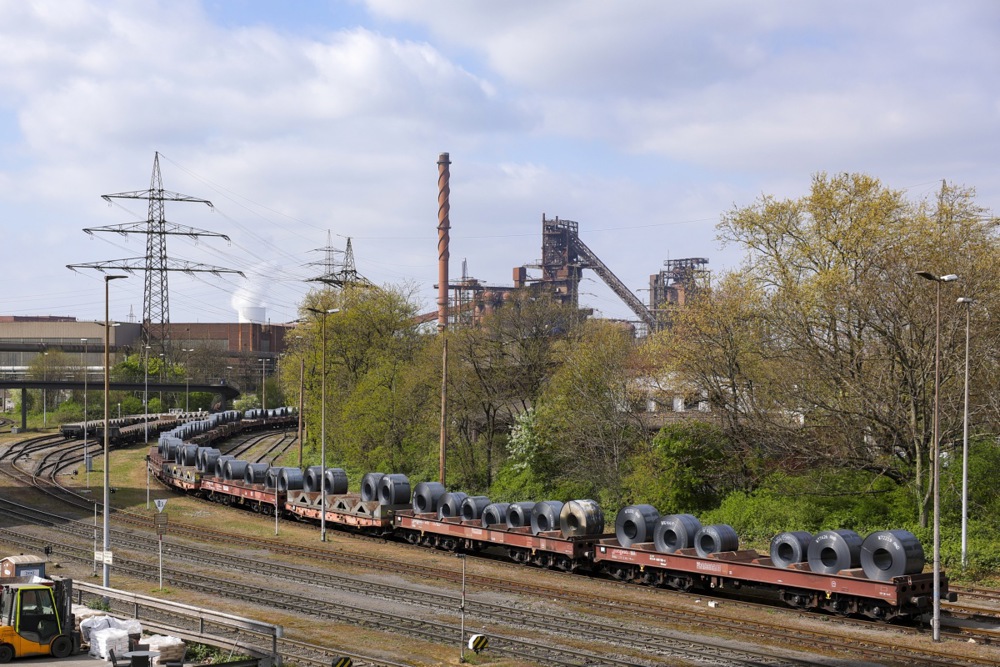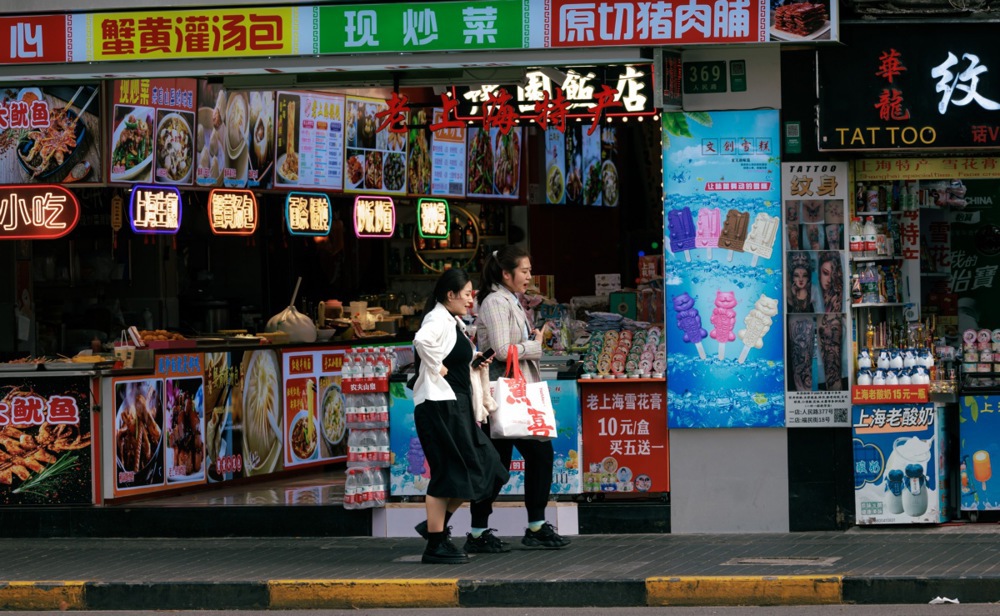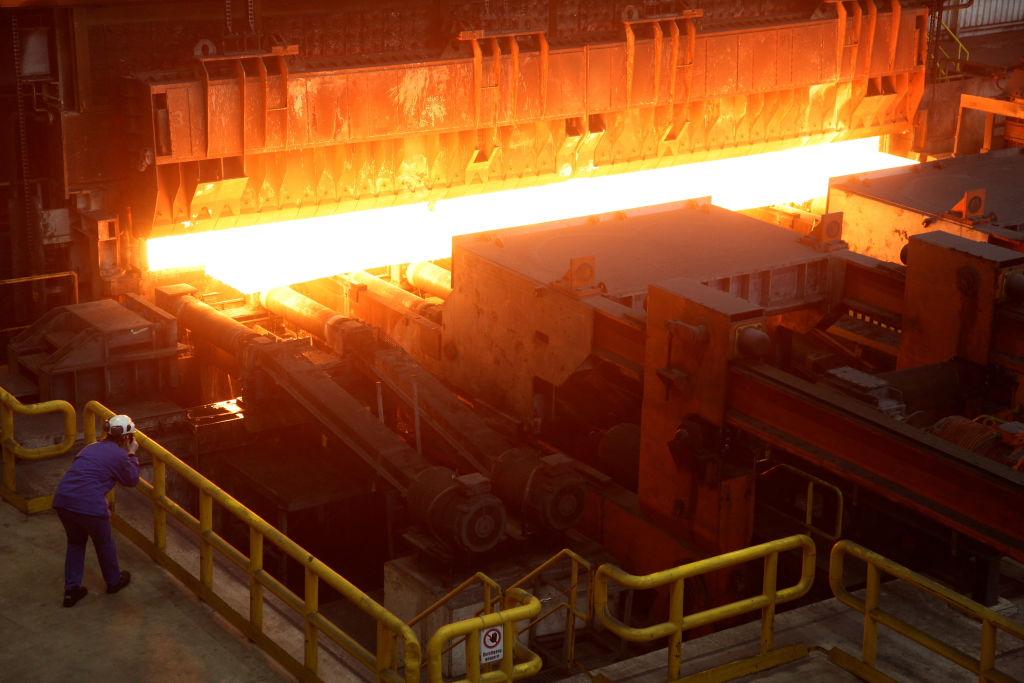Automaker Stellantis has cut 10,000 jobs in Italy over the last four years, continuing a wave of workforce reductions in industries across the European economy.
It also said today that it would temporarily halt production at its Mulhouse plant in northeastern France from October 27 to November 2, affecting about 2,000 of the 4,700 employees who produce different Peugeot cars there.
The European giant behind brands including Fiat, Peugeot, Jeep, and Alfa Romeo, described the production pause as a measure to “adapt the pace of production to a difficult European market” and manage inventories efficiently before the end of the year.
European companies have faced additional pressures from US tariffs, which, combined with internal regulatory and energy costs, have contributed to declining investment and workforce reductions across the continent.
Stellantis is among several freezing hiring or reducing staff in response to weak demand, high costs and global trade pressures. In recent months, Bosch announced 13,000 job cuts, Volkswagen reduced its German workforce by 7,000, Volvo Cars cut 3,000 positions, Reuters reported today.
Non-automotive sectors are feeling the same strain: Germany’s Commerzbank plans to cut nearly 4,000 jobs by 2028, Burberry will shed around 1,700 positions globally and Austrian energy company OMV is trimming 2,000 posts.
These measures suggest the challenges are not confined to a single industry but reflect deeper structural pressures across the European Union economy.
Experts and officials point to multiple factors behind the trend.
Markus J. Beyrer, Director General of BusinessEurope, which represent the interests of companies in Europe, said “complex regulations” make cross-border operations cumbersome. He was speaking at a conference in the European Parliament today, focused on competitiveness and barriers within the European single market.
Beyrer also said that over-reliance on China and the US adds further vulnerability. “More and more countries understand that having the choice between the US and China only is not a good choice,” he said, advocating for reforms including energy diversification and long-term market integration.
At the same event, Anthony Gooch Galvez, Secretary General of European Round Table for Industry (ERT), another European industry representative, highlighted the combined effect of energy and regulatory costs: “We now have data centres and AI and things that consume a lot … We need the single market, this is our most valuable commodity, but we take it for granted.” He also noted that Europe’s dependence on international trade has risen dramatically, from 13 per cent to 51 per cent over the past two decades, amplifying the impact of global shocks on local industries.
Government representatives also attending echoed these concerns.
Morten Bodskov, Minister of Industry of Denmark, which currently holds the rotating presidency of the Council of the EU, noted that regulatory approval processes are slow: “It takes six to eight years to approve a bio-product in Europe when it takes three years in the US.”
He warned that, without faster investment and adoption of new technologies, Europe risks falling further behind China and the US, already leading in key sectors.
Giorgos Papanastasiou, Minister of Energy, Commerce and Industry of Cyprus, which will hold the six-month EU council presidency from January 1, 2026, framed high energy costs and regulatory burdens as central to Europe’s weakening competitiveness.
He argued that China and the US see the EU primarily as a market. “They produce, we consume. This will not have much future if we don’t create enough within the EU,” he said.
Papanastasiou stressed that Europe must focus on internal capacity, as global competitors will not adjust their strategies to support European industry.
As part of its European restructuring, Stellantis is adjusting production and workforce levels across its plants. It announced that the hybrid version of the Fiat 500 is scheduled to roll off the historic Mirafiori plant in Turin later this year, marking its latest investment in new vehicle models amid the ongoing adjustments.





